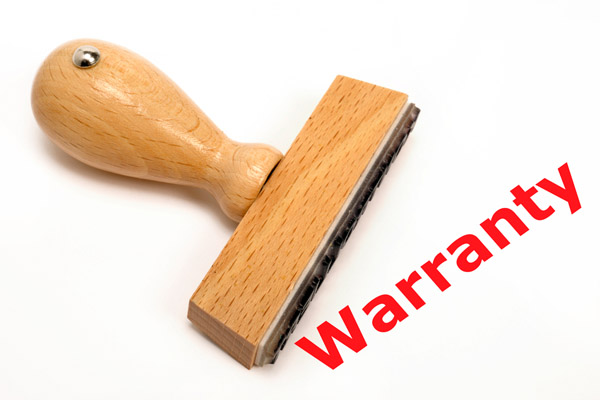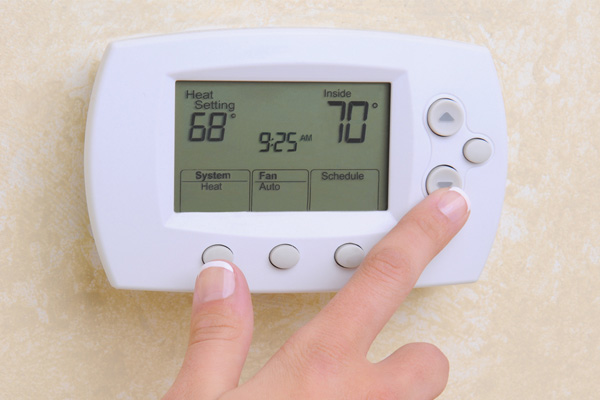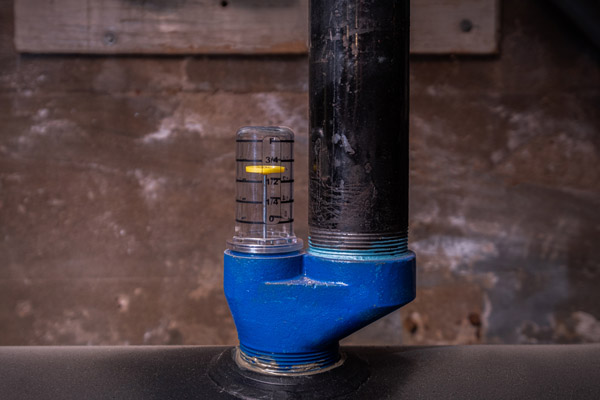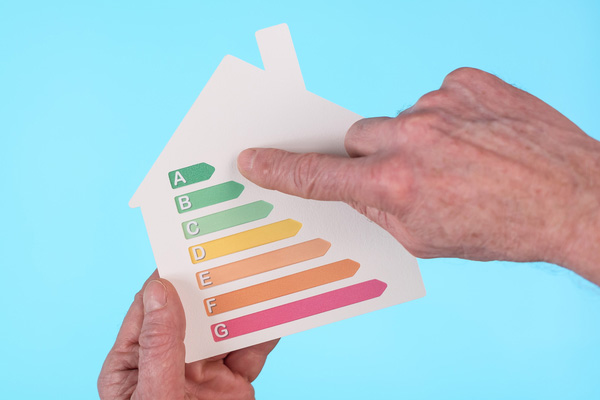Air Quality & Calculating the Right Amount of Home Ventilation
Effective ventilation is key for optimal health and energy efficiency in homes. It enhances indoor air quality by filtering out pollutants, managing moisture, and neutralizing odors. Additionally, it helps maintain temperature balance, lessening the need for excessive heating or cooling. This article sheds light on maintaining fresh air flow while conserving energy.
Read MoreBoiler Efficiency: The Impact of System Water Quality
Boiler efficiency, key for minimizing energy costs and environmental impact, hinges on fuel-to-heat conversion and water quality. Contaminants, like minerals and gases, are found in water, leading to scaling and corrosion. This can impair boiler performance. Understanding and managing water quality is crucial for homeowners to achieve optimal boiler efficiency.
Read MoreHeating Problem: Why Is Your Home Hard to Heat?
Adequate home heating is essential, especially in winter, providing refuge against the cold and promoting safety. Balancing comfort, energy conservation, and cost-effectiveness is vital. Home heating requires proactive preparation and regular maintenance for warmth and efficiency. However, a chilly home in winter may signal a heating problem with your system.
Read MoreImportant Features of a Solid HVAC Warranty
Selecting an HVAC system with a strong manufacturer’s warranty is key, as it provides protection against faults for a specific period of time. This assurance and financial safeguard are crucial for unforeseen system issues. A reliable warranty minimizes repair costs, ensuring a comfortable home environment and confident, informed decision-making for homeowners.
Read MoreThermostat Setback: Can Dialing Down Your Thermostat Ease Your Budget?
HVAC thermostats are central to achieving energy efficiency in heating and cooling. These devices not only enhance indoor comfort but also make a significant impact on energy consumption. Thermostat setback stands out as an effective strategy for energy optimization, allowing for easy temperature adjustments during unoccupied hours or at night.
Read MoreHow to Read Your Heating Oil Tank Gauge
Homes with heating oil systems are well-protected against winter’s chill, thanks to personal oil tanks that eliminate reliance on external supply networks. However, homeowners should match their tank size with heating needs and regularly check their oil levels using the tank gauge to ensure timely deliveries and consistent warmth throughout the season.
Read MoreTop Three HVAC Problems That You Should Pay Attention To
A dependable HVAC system is crucial for ensuring comfort, acting as a shield against outdoor weather. However, no system is faultless, and issues can arise, from minor glitches to significant malfunctions. For homeowners, understanding these potential problems is vital. This article delves into these HVAC challenges, highlighting the critical role of timely upkeep and repair.
Read MoreTop 5 Reasons Your Boiler Is Leaking
A top-performing boiler is central to a reliable home heating setup during the winter. Yet, the serene balance can be jolted by a frequent issue: water leaking from the boiler. These leaks diminish the system’s performance and bring up safety and upkeep worries. In this article, we explore the reasons behind boiler leaks.
Read MoreThe Science Behind Heating Oil: How It Works and Why It’s Efficient
Indoor comfort is paramount, and Point Bay Fuel champions efficient home heating. Heating oil, both reliable and economical, ensures consistent warmth, especially in frigid conditions. With its steady supply, updated eco-friendly features, and reduced emissions, potential disruptions are minimized. In this article, we’ll unpack the advantages of heating oil’s efficiency in detail.
Read More10 Winter Heating Hacks Without Cranking Up the Thermostat
If you feel cold inside your home during winter, you may be tempted to crank up your thermostat to get more heat. This works, but it also increases your energy bills. The good news is that there are alternative strategies that can help you improve your indoor comfort without increasing energy costs.
Read More









